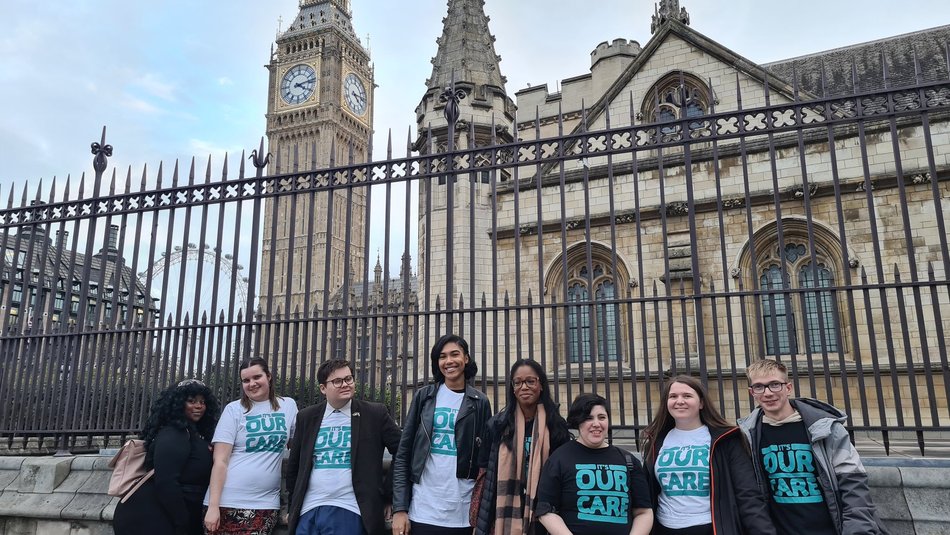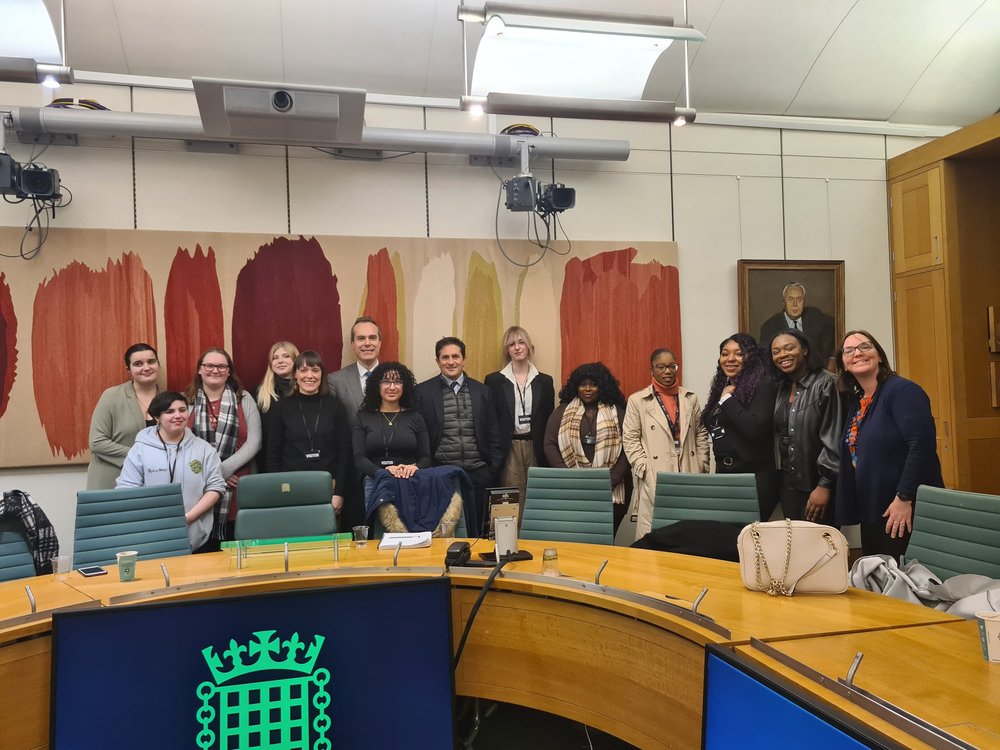 A year ago today, the government set out its 'Stable homes, Built on Love' strategy to reform children's social care. Here's what's happened since. ‘Stable Homes, Built on Love’, published a year ago today, is a mixture of short-term ambitions and ‘pathfinders’ to test major social care reforms and longer-term ambitions. These were picked by government from years of research, reviews and hours of consultation with young people, families, and practitioners. However, it has taken much longer than a year to get to where we are, and there is still much further to go to create a children’s social care system fit for the future. What has been the journey so far? December 2019: the Conservative Manifesto pledged to review the care system in England. December 2020: Josh MacAlister was announced as chair of the Independent Review of Children’s Social Care. March 2021: the Care Review began and the Competition and Market Authority (CMA) launch a study of children’s social care provision. December 2021: a national child safeguarding practice review was triggered in response to the murders of Arthur Labinjo-Hughes and Star Hobson. March 2022: the CMA publish their final report declaring the children’s social care market ‘dysfunctional’. May 2022: the national child safeguarding practice review and the Care Review’s final report are published. The government immediately announced more funding for family hubs, set up a National Implementation Board to oversee delivery of reforms, and boost efforts to recruit more foster carers. November 2022: consultation on the Care Review’s final report closes. February 2023: the government published their strategy, ‘Stable Homes, Built on Love’. Change takes time It has already been nearly three years since the Care Review began. The average time of a single episode in care is just under two and a half years. So for lots of children in the care system right now, their whole care experience will have been untouched by the Care Review. Read more about the Care Review We support the pathfinder approach and acknowledge that major reforms need to be tested and evaluated. However, the current phased (pathfinder) approach taken by government to implement improvements, means wholesale reform is delayed until 2025. "By not investing into the system in the meantime, we estimate that this delay will cost an additional £1bn over 10 years. [1]" Further delays must be avoided after the general election. Meanwhile, children and families are struggling to get the support they need or are receiving it too late. And more children are in care than ever before. There are:
What about the general election?
There is a high level of uncertainty about what the next general election will mean for the children’s social care reform programme. The next general election is expected to happen sometime this year. Yet, opposition parties have not explicitly committed to taking it forward and there’s no guarantee that the existing reforms will be delivered. We’re working hard to make sure all parties commit to improving children’s social care. Over the last few months we have:
"Overall, we’d like to see all parties commit to investment in, and reform of, children’s social care, to ensure that children in need of help and protection get the right support, at the right time, to achieve good outcomes." Comments are closed.
|
News & JobsNews stories and job vacancies from our member agencies, the fostering sector and the world of child protection and safeguarding as a whole. Browse Categories
All
|
|
The Fairer Fostering Partnership
c/o TACT Fostering Innovation House PO Box 137 Blyth NE24 9FJ |




 RSS Feed
RSS Feed
